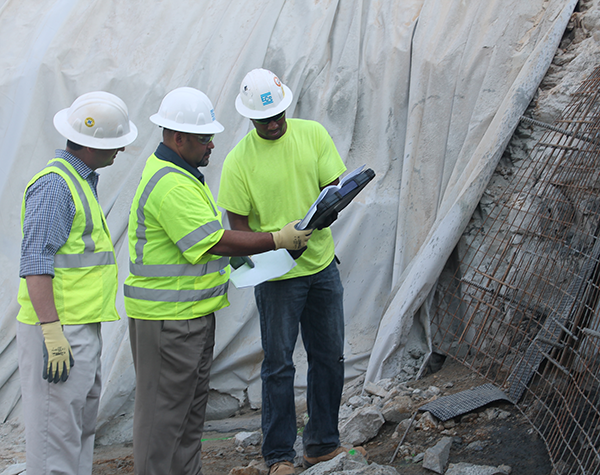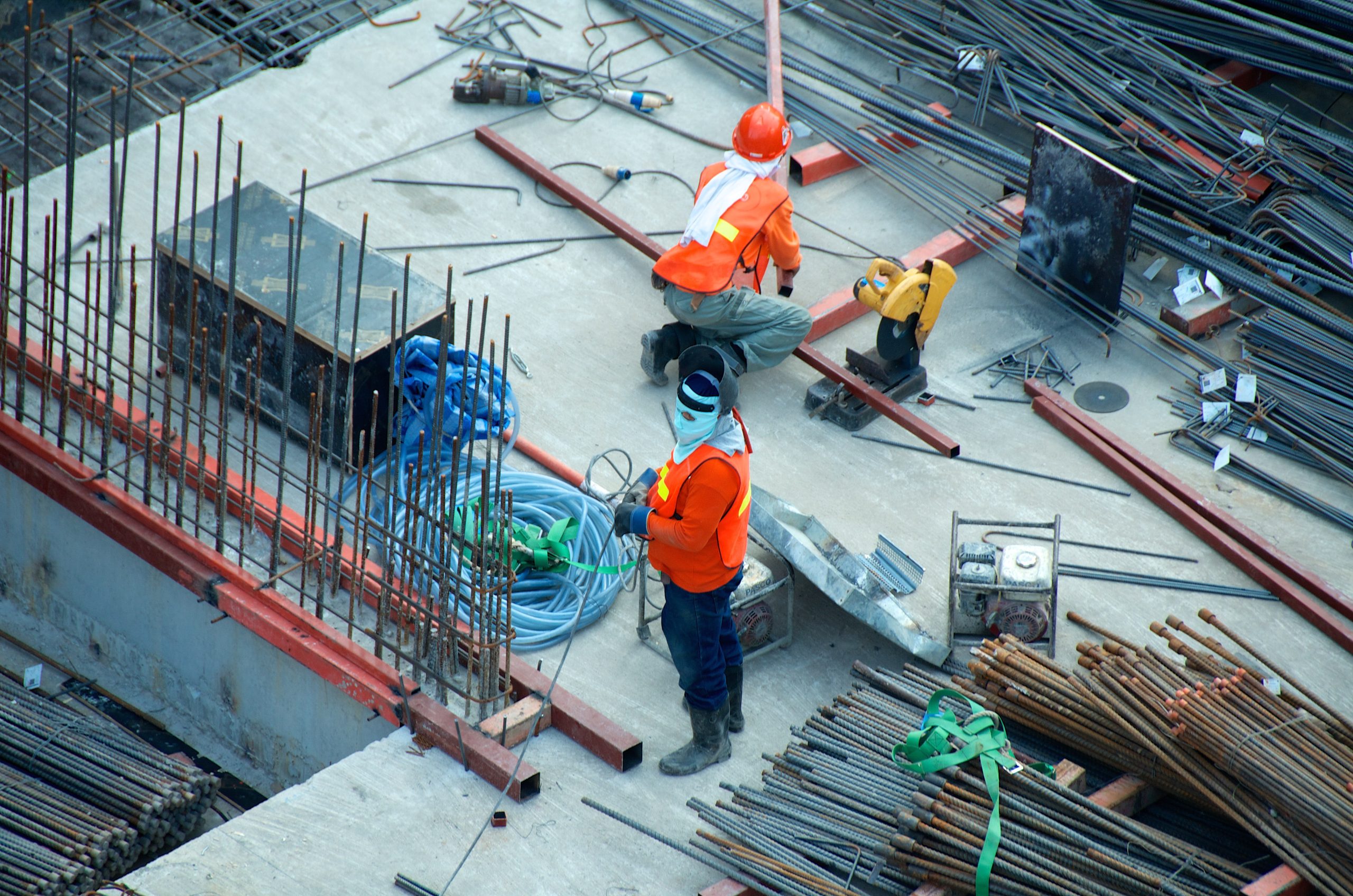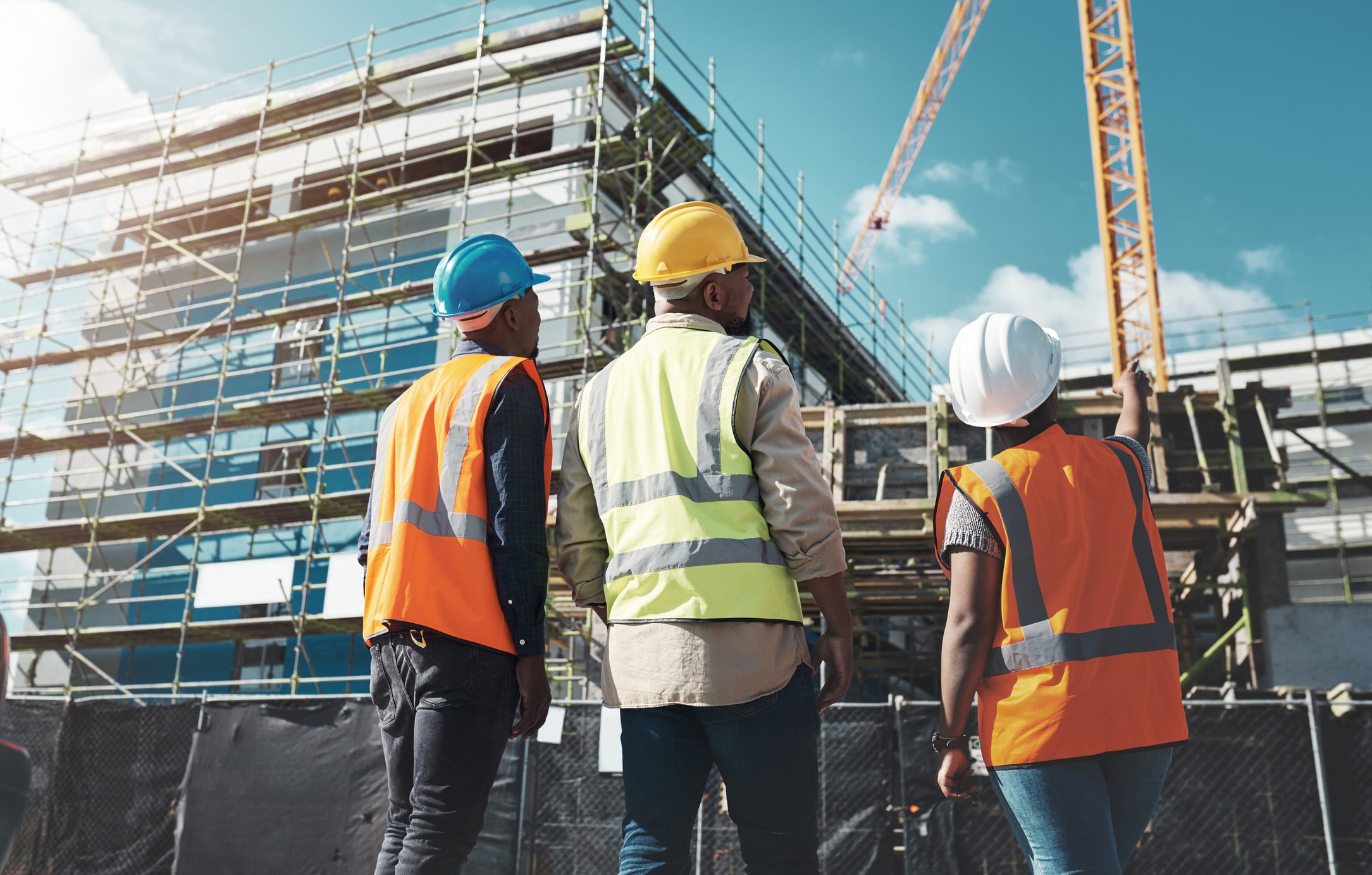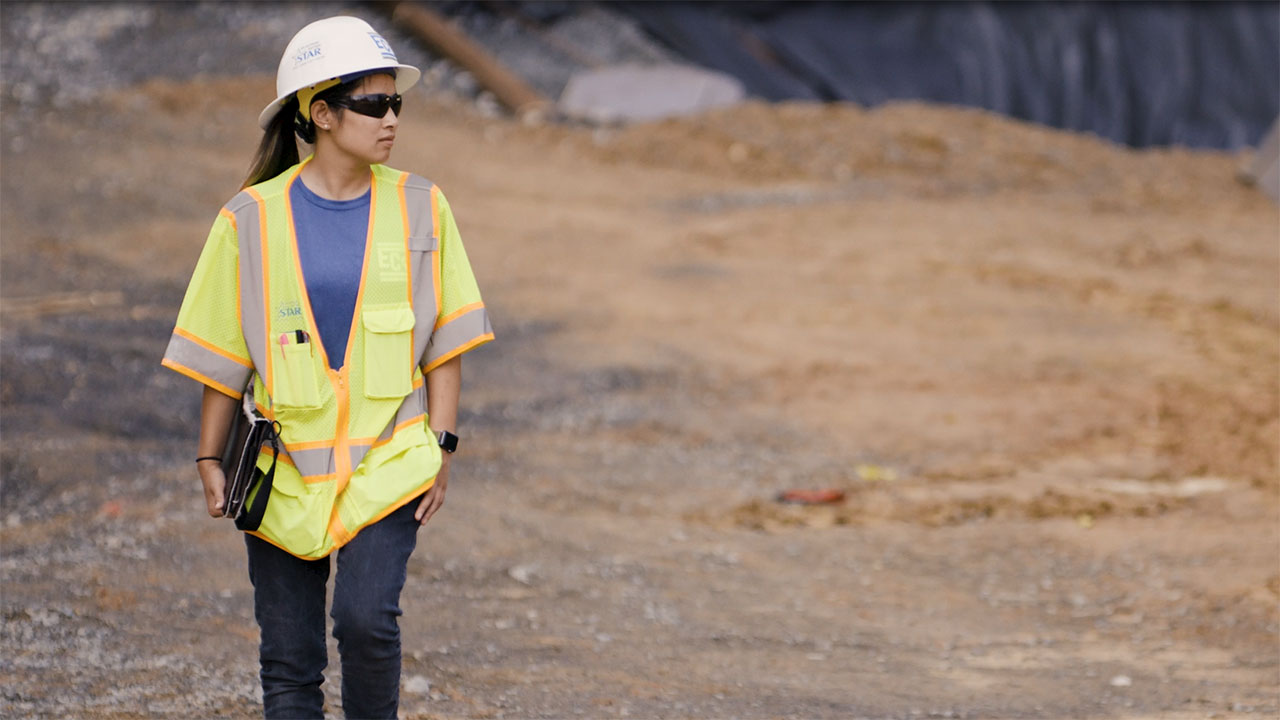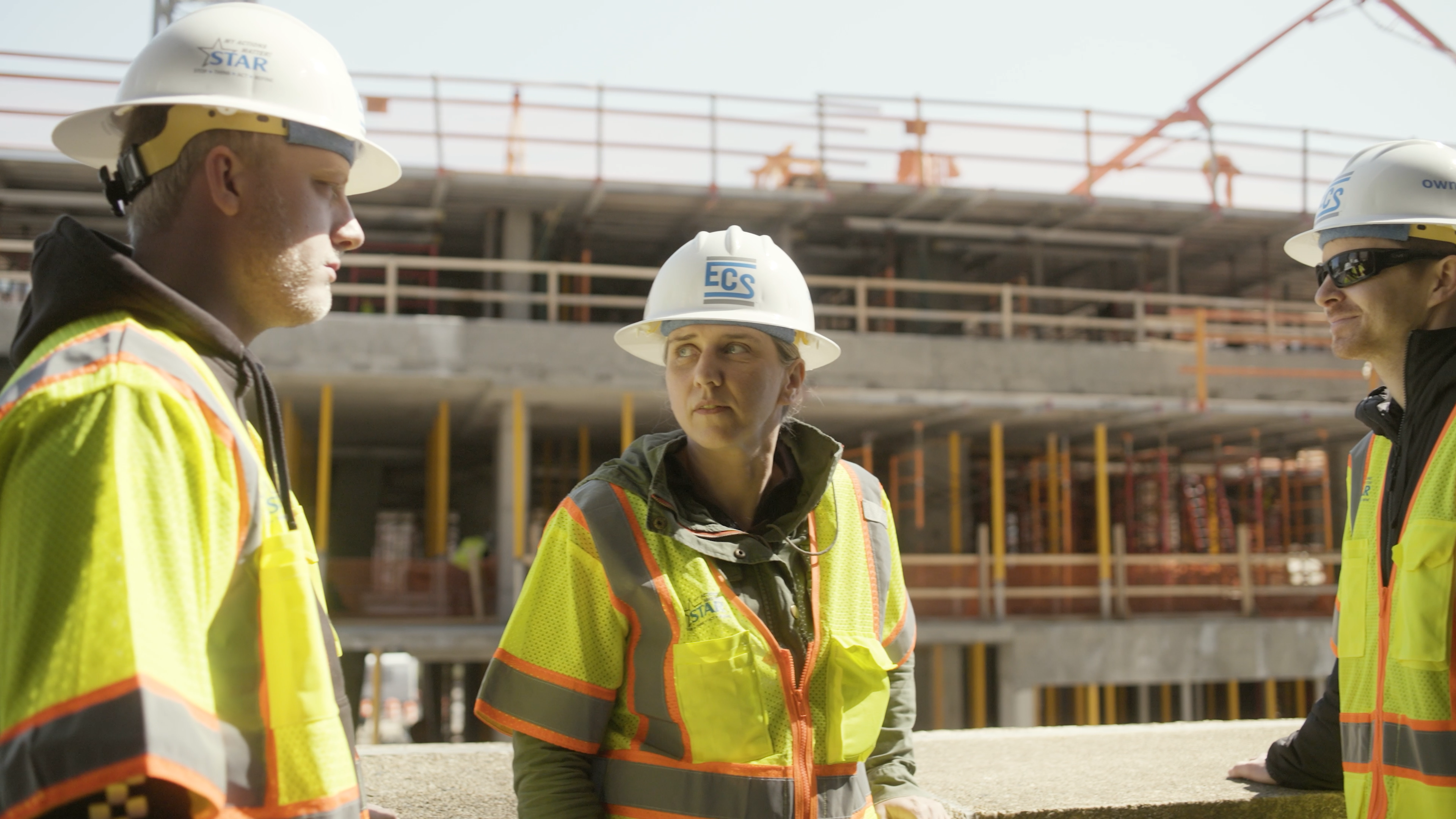Ground Penetrating Radar
Ground penetrating radar captures images of the subsurface by sending energy pulses into the soil. The testing equipment records the time it takes for a reflected signal to return and the strength of the returning signal. The test produces reflections when the energy pulse encounters materials that have different electrical conduction properties. If the testing equipment meets dry sand, then wet soil, the reflection will be strong.
Dilatometer Testing
Dilatometer testing analyzes several important soil parameters. It is a cost-effective, simple and quick testing method that provides repeatable, operator-independent results.
Menard Pressuremeter
A pressuremeter test is an appropriate option when you need to test dense soil, rock or clay. During the test, our engineers insert a pressuremeter into a borehole. The pressuremeter’s probe inflates and applies pressure to the borehole’s walls. As the probe expands and pressures increase, the borehole walls start to deform.
During the test, the pressure or the volume increase in equal increments, depending on the method used.
Ground Penetrating Radar
Ground penetrating radar captures images of the subsurface by sending energy pulses into the soil. The testing equipment records the time it takes for a reflected signal to return and the strength of the returning signal. The test produces reflections when the energy pulse encounters materials that have different electrical conduction properties. If the testing equipment meets dry sand, then wet soil, the reflection will be strong.
Dilatometer Testing
Dilatometer testing analyzes several important soil parameters. It is a cost-effective, simple and quick testing method that provides repeatable, operator-independent results.
Menard Pressuremeter
A pressuremeter test is an appropriate option when you need to test dense soil, rock or clay. During the test, our engineers insert a pressuremeter into a borehole. The pressuremeter’s probe inflates and applies pressure to the borehole’s walls. As the probe expands and pressures increase, the borehole walls start to deform.
During the test, the pressure or the volume increase in equal increments, depending on the method used.

